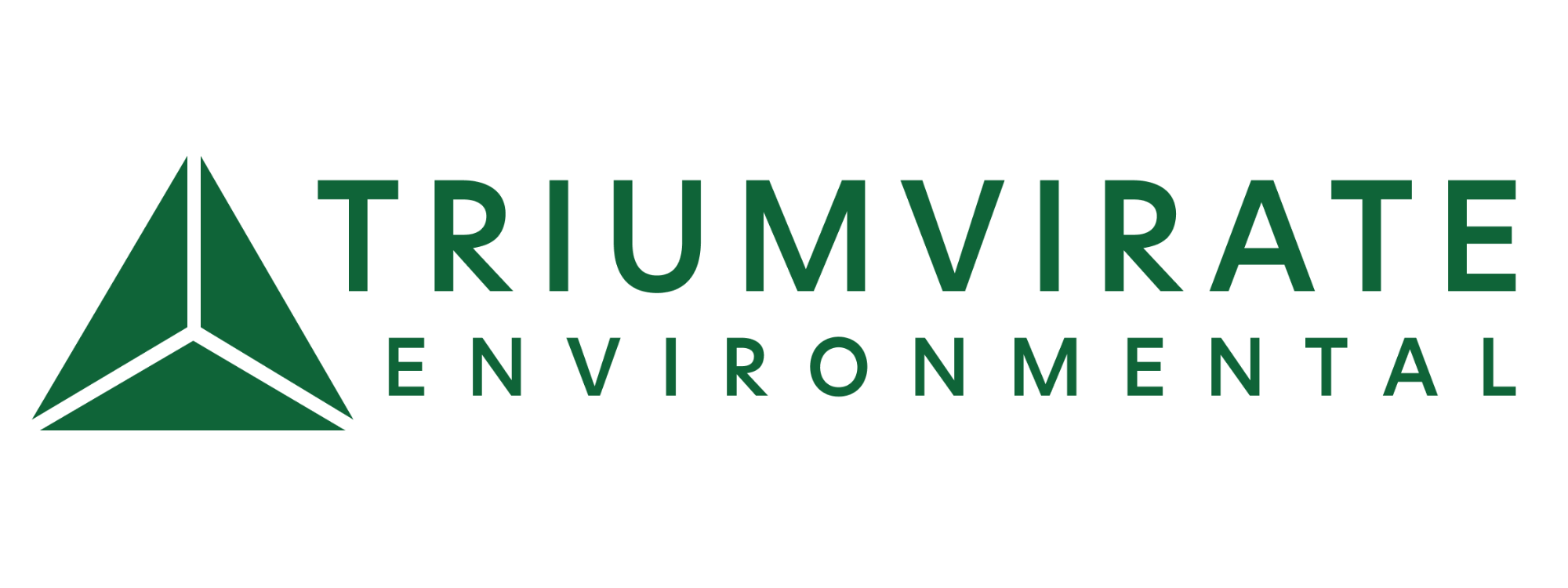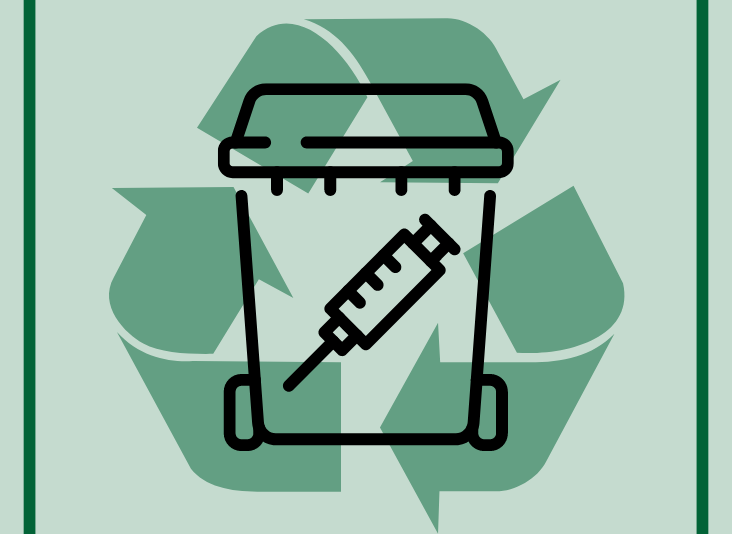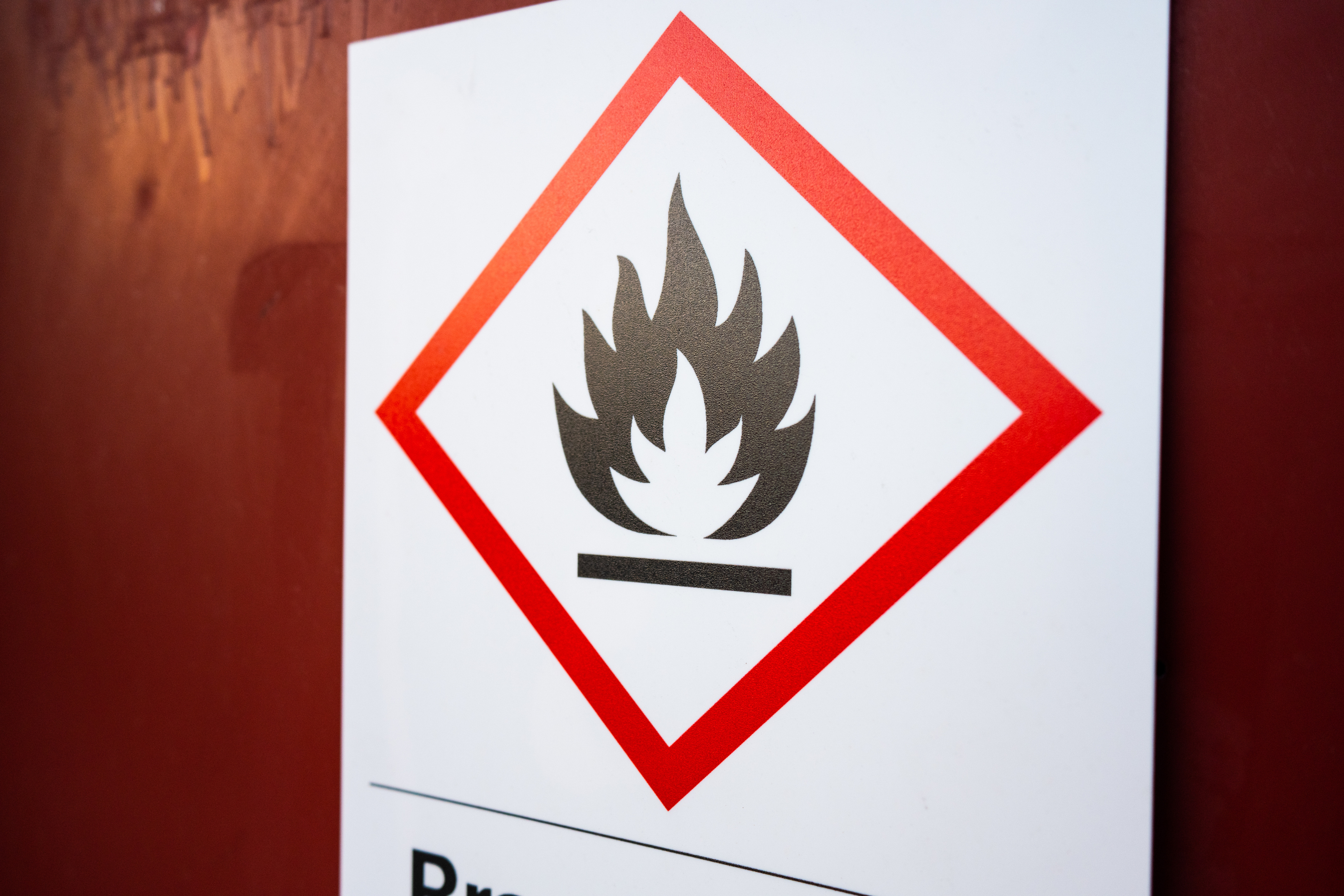5 Tactics for Cost Savings Through Your Waste Streams [VIDEO]

Optimizing hospital waste management cost-savings within the EH&S sector of healthcare industry can be hugely beneficial to the success of your healthcare institution. We’ve pulled some of the top tactics for cost-effectively managing your waste streams to help you impress management. Here they are:
Think Lab Pack in Progress
The idea behind this tactic is that you’re constantly reviewing your waste shipments, refining your process and ultimately assessing containers on a container by container basis. This allows you to keep chemicals that would ordinarily be prematurely disposed of longer, reducing purchasing and disposal costs. It also allows you to consildate, contain, and reduce prices.
In assessing, we also recommend shipping in the most appropriate size containers while using your generator status as an advantage. This could allow you to optimize the size and amount of containers for price as well as your number of pick ups.
Make Considerations for Universal Waste
There are several tactics for reducing costs from a universal waste perspective. The first is considering how your costs are calculated and changing or optimizing for this based on what makes sense for your institution. Are you shipping by pound or drum? Consider this when determining how you're waste is being packed for shipment.
Other tactics include changing your shipping containers for cost-effectiveness and streamlining your recycling and disposal vendors. By bundling, you’re likely to get a better value.
Train All Necessary Parties
Hospitals often overlook the importance of training all parties involved in waste management from generation to disposal. This often results in under-training and ultimately incorrect management of waste. Managing waste as the incorrect type of waste or using other tactics that bring your institution out of compliance can result in higher disposal costs or even tens of thousands of dollars in regulatory fines. With the variety of kinds of waste, from pharmaceutical waste to universal waste, it's even more difficult. To combat this, develop a set training plan for each type of waste interaction and create labels and signs for proper disposal. Make sure to bring nursing in the loop on waste management practices as their participation is integral to the success of your program.
Streamline and Recycle Regulated Medical Waste
Regulated medical waste costs can be reduced in several ways. First, by making a compliant storage and shipment plan you can streamline your shipments to get the most cost –effective shipping schedule. There is also an opportunity to use reusable containers over disposable ones, which will save you the extra cost of making that regular purchase. The last option is enrolling in a medical waste recycling plan. This will allow your medical waste to be converted into a reusable material, allowing the recycler to pick up this waste at a reduced cost and help you meet your sustainability goals.
Be Aware of the Challenges (And Overcome Them)
There are several challenges for assuring your waste management plan is optimized for cost savings. Before making changes, be aware of how much you spend on your waste management plan and your budget. Analyze and develop your waste management plan and look for service providers that use relevant metrics and are motivated to reduce your waste management costs.
Triumvirate is motivated to reduce your costs and help you meet your sustainability goals. View our services in the link below.








.png)